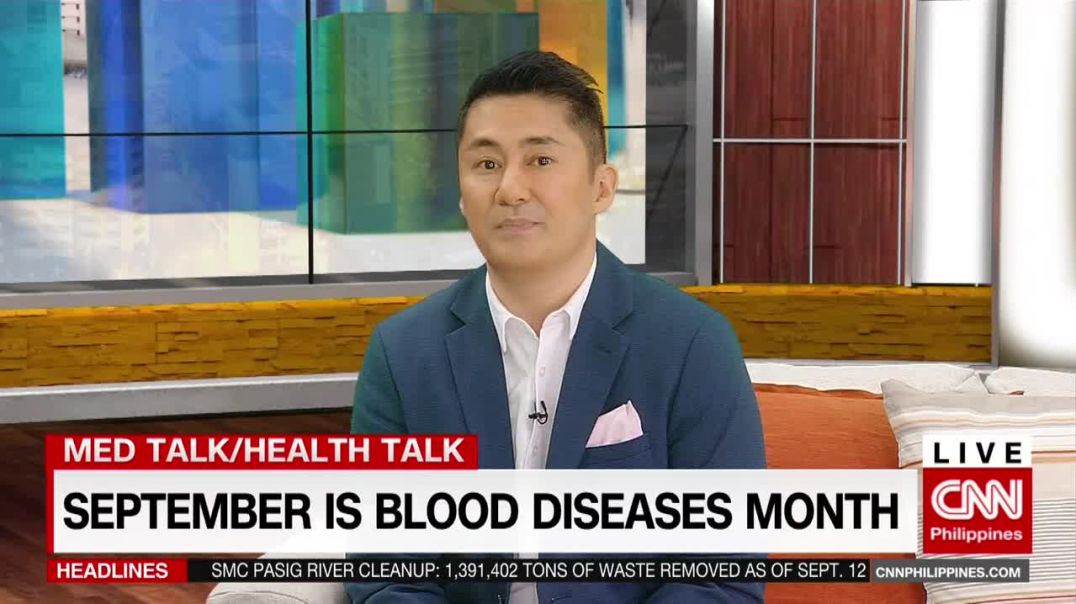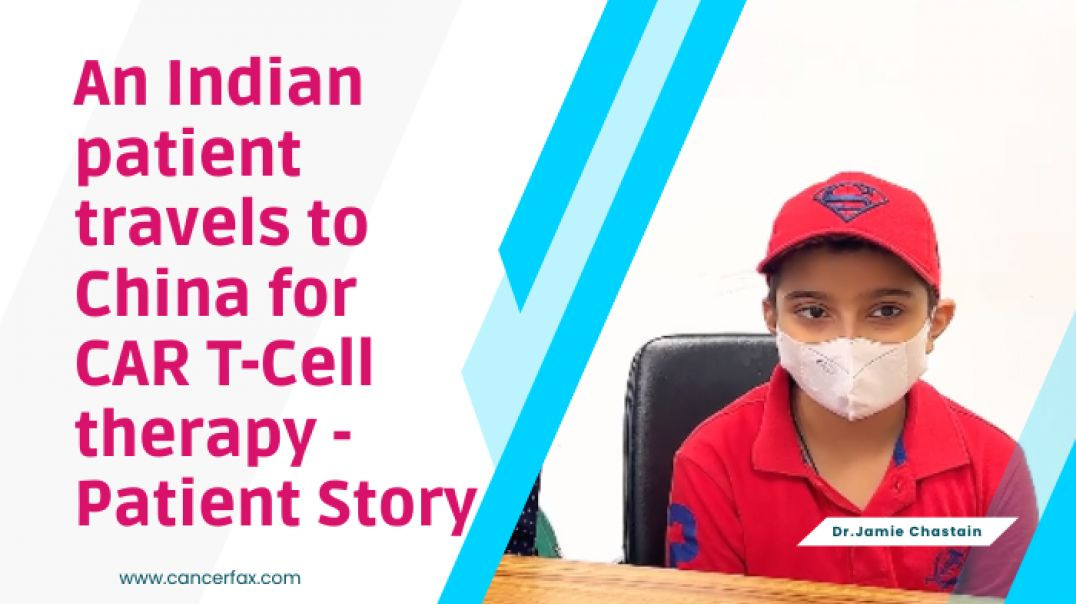Maintenance Therapy after Transplant: Acute Myeloid Leukemia (AML)
This is a recording from the workshop presented at the 2023 Survivorship Symposium.
Summary: Treatment for many cancers now involves maintenance therapy after a remission is achieved. This presentation examines whether maintenance therapy is appropriate for various sub-types of AML after transplant and after some non-transplant therapies.
Presenter: Eytan Stein MD, Memorial Sloan Kettering Cancer Center
To read the transcript, go to:
https://www.bmtinfonet.org/vid....eo/maintenance-thera
Highlights:
The data on maintenance therapy for AML is mixed and inconclusive. This underscores the need for more clinical trials to clarify the conditions under which maintenance therapy would be beneficial to maintain remission in AML patients.
Azacitidine is an oral medication that has been approved for AML patients who do not receive a transplant. It has become the standard of care for these AML patients.
Giving maintenance therapy to all AML patients after transplant, without evidence of which patients would actually benefit, could result in overtreatment of some patients and an unnecessary increase in side effects and financial toxicity.
April 2023, Part of the Virtual Celebrating a Second Chance at Life Survivorship Symposium
Presentation is 15 minutes long with 22 minutes of Q & A
Key Points:
(01:24): Treatment for acute myeloid leukemia (AML) typically involves an induction phase and a consolidation phase.
(03:03): Maintenance therapy to maintain remission is an emerging third stage of AML treatment.
(03:32): Maintenance therapy may be an option whether patients have a stem cell transplant or not.
(04:44): Consolidation therapy for AML can take one of three forms.
(05:09): Maintenance therapy is low-intensity treatment to prevent a relapse after consolidation is complete, but it may not be necessary for all AML patients.
(09:28): For patients who receive a stem cell transplant for AML, azacytidine as maintenance therapy does not appear to produce additional benefits.
(10:49): For a subset of AML patients with the FLT3 mutation, maintenance therapy may have benefits.
(11:27): Several FLT3 inhibitors improve survival for AML patients if administered during induction and consolidation.
(12:45): The data on using FLT3 inhibitors after stem cell transplant for AML is mixed.
(14:12): While maintenance therapy for AML has a future, the exact drugs to fill that role remain unclear. The best candidates may be patients with an elevated risk of relapse.
Meet the speaker:
https://www.mskcc.org/cancer-c....are/doctors/eytan-st
WHO WE ARE: BMT InfoNet is dedicated to providing patients and their loved ones with emotional support and high quality, easy-to-understand information about blood stem cell transplants (bone marrow, peripheral blood and cord blood) and other cellular therapies. Whether you are just beginning your transplant or cellular therapy journey, or learning to manage the joys and challenges of survivorship,
BMT InfoNet is here to help before, during and after treatment. Our goal is to empower you with credible information and emotional support, so that you can take a more active role in decisions affecting your health. http://www.bmtinfonet.org
VISIT US ON SOCIAL MEDIA:
https://www.facebook.com/bmtinfonet/
https://www.facebook.com/bonem....arrowstemcelltranspl
https://instagram.com/bmtinfonet
https://twitter.com/BMTInfoNet
https://my.linkedin.com/company/bmt-infonet






















SORT BY-
Top Comments
-
Latest comments